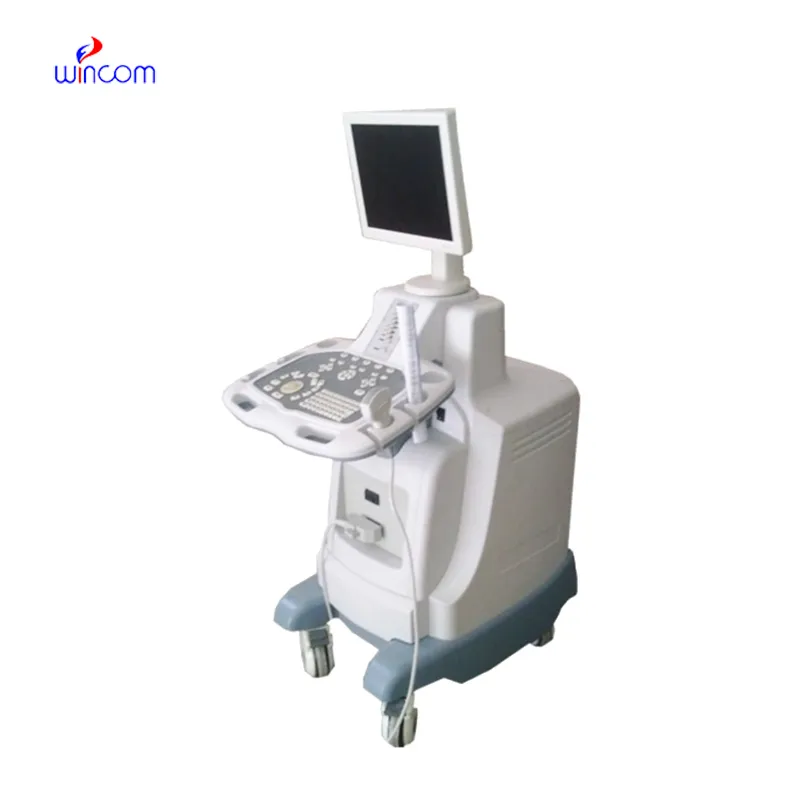
The claustrophobia in mri machine combines ergonomics with advanced high-performance imaging technology to deliver best-in-class scanning performance. The open and wide-bore configurations of the claustrophobia in mri machine improve patient access for mobility-compromised patients. The claustrophobia in mri machine also comes equipped with real-time monitoring, which allows radiologists to view the quality of images in real-time during scanning.

The claustrophobia in mri machine is extensively utilized in neurological diagnostics for the diagnosis of brain tumor, stroke trauma, and multiple sclerosis. It provides accurate imaging of brain anatomy and blood perfusion patterns. The claustrophobia in mri machine also supports functional imaging, measuring neural activity, and helps in understanding cognitive and behavioral disorders.

The claustrophobia in mri machine will continue to evolve with even greater control of magnetic fields and more sophisticated imaging pulse sequences. Next-generation systems will take ultra-high-resolution images capable of imaging microscopic tissue architecture. The claustrophobia in mri machine will also provide improved patient comfort through noise cancellation and shorter scan times.

Keeping the claustrophobia in mri machine in good shape guarantees stable imaging and long life. Technicians should follow factory-established service intervals, review system diagnostics, and perform safety interlock testing. The claustrophobia in mri machine should also be inspected for abnormal vibrations or sound patterns indicative of component failure.
The claustrophobia in mri machine is an imaging technology of high performance that gives unambiguous images of internal organs. The claustrophobia in mri machine applies its powerful magnetic resonance technology to sense subtle variations between disease and healthy tissues. The claustrophobia in mri machine mainly operates for diagnosis, treatment planning, and medical research across the world.
Q: What is an MRI machine used for? A: An MRI machine is used to create detailed images of the body’s internal structures, helping doctors diagnose brain, spine, joint, and soft tissue conditions without using radiation. Q: How does an MRI machine work? A: The MRI machine uses strong magnetic fields and radio waves to align hydrogen atoms in the body and detect signals that form high-resolution images of organs and tissues. Q: Is an MRI scan safe for all patients? A: MRI scans are generally safe, but patients with metal implants, pacemakers, or certain medical devices must be evaluated before scanning due to magnetic interference. Q: How long does a typical MRI scan take? A: Most MRI scans take between 20 to 60 minutes, depending on the area being examined and the specific diagnostic protocol. Q: What makes MRI different from X-ray or CT imaging? A: Unlike X-ray or CT, an MRI machine uses magnetic resonance instead of radiation, making it particularly effective for imaging soft tissues and the nervous system.
The water bath performs consistently and maintains a stable temperature even during long experiments. It’s reliable and easy to operate.
This x-ray machine is reliable and easy to operate. Our technicians appreciate how quickly it processes scans, saving valuable time during busy patient hours.
To protect the privacy of our buyers, only public service email domains like Gmail, Yahoo, and MSN will be displayed. Additionally, only a limited portion of the inquiry content will be shown.
Hello, I’m interested in your water bath for laboratory applications. Can you confirm the temperat...
We are planning to upgrade our imaging department and would like more information on your mri machin...
E-mail: [email protected]
Tel: +86-731-84176622
+86-731-84136655
Address: Rm.1507,Xinsancheng Plaza. No.58, Renmin Road(E),Changsha,Hunan,China